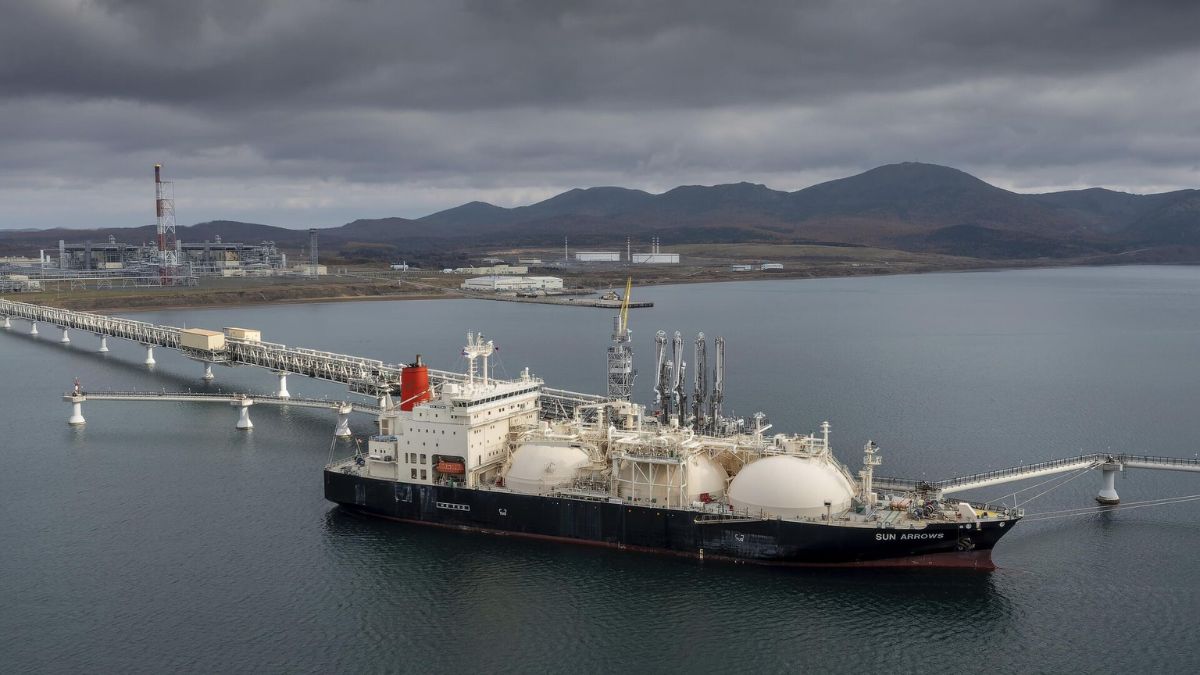Recent U.S. sanctions targeting Russia’s Arctic LNG 2 project are not expected to significantly disrupt the growing liquefied natural gas (LNG) trade between Russia and India, according to energy experts. The sanctions, which focus on ice-class vessels used in Arctic waters, were imposed to curb Russia’s energy exports amidst ongoing geopolitical tensions. However, analysts believe the measures are unlikely to impede Russia’s ambitions in the LNG sector.
Arctic LNG 2, a major project with an annual capacity of 19.8 million metric tons, was developed primarily to supply gas to India and other Asian markets. Despite the new restrictions, Russia remains confident that the sanctions will not slow the growth of its LNG exports. Moscow has maintained that it will continue to seek alternative strategies to ensure the flow of energy, including gas swap deals and partnerships with Asian buyers, particularly India.
Energy specialist Arpit Chandna stated that India, one of the largest consumers of LNG in the world, remains open to global LNG trade despite the sanctions. As Chandna pointed out, India will continue to be a major player in the global LNG market as its energy needs continue to rise. He emphasized that the U.S. sanctions are unlikely to disrupt the steady demand for LNG from Indian buyers, who view Russia as a key energy partner.
In response to the sanctions, Russia is reportedly exploring a range of options to maintain its LNG export routes, including collaborating with non-Western shipping companies and developing alternative trade mechanisms. These efforts are seen as part of Russia’s broader strategy to sustain energy exports despite external pressures.
As Russia continues to strengthen its LNG supply chains with India and other Asian nations, experts believe the sanctions may have limited long-term impact on the burgeoning energy trade between the two countries.

